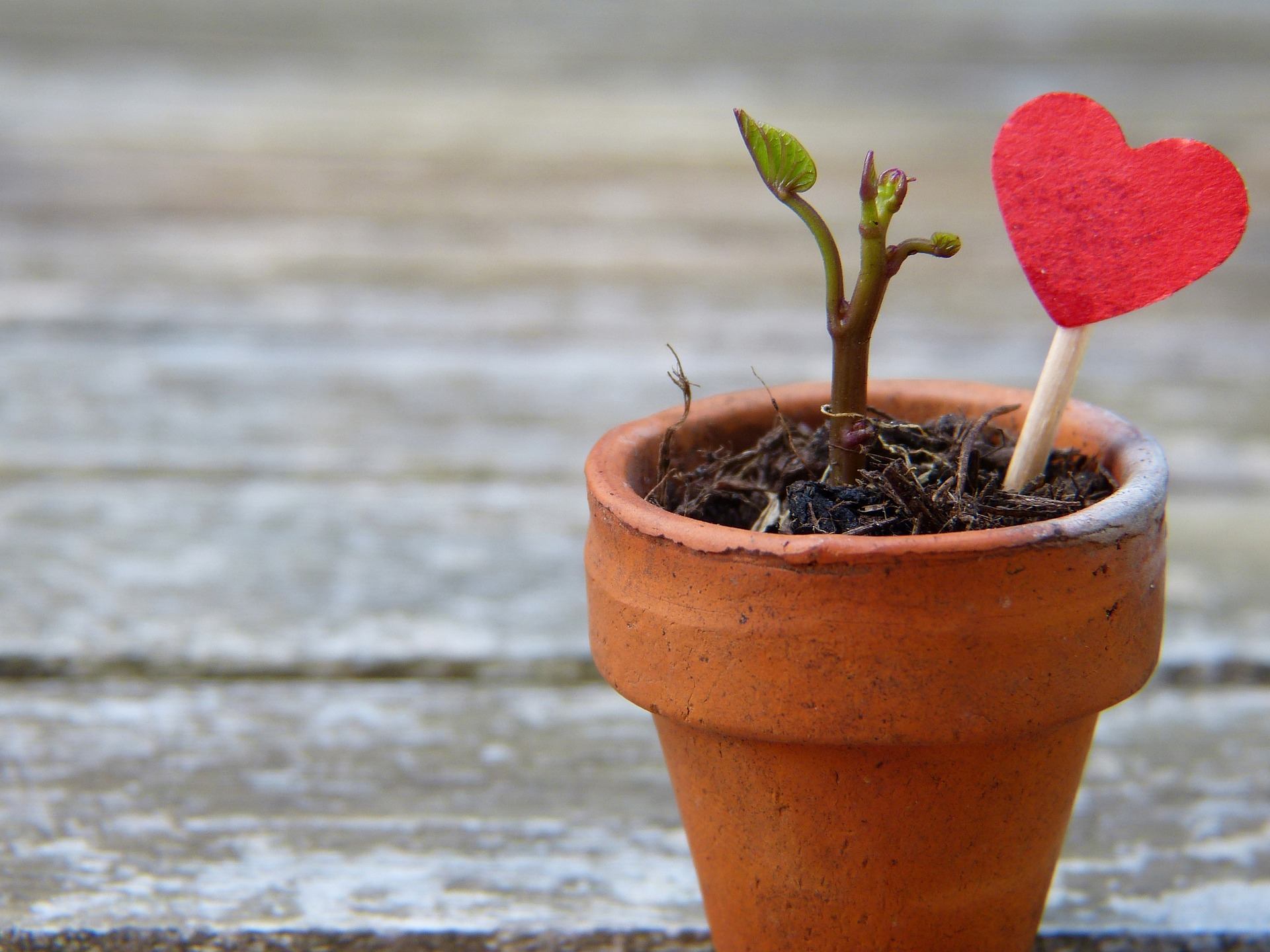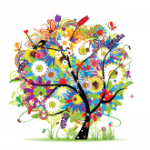 In these Covid-19 times, your normal stress-relievers might not work. Perhaps your favorite hiking path is closed, or you can’t go to your preferred cafe, or the kids are too noisy to allow you to meditate. Music is still available to you, though, and music has amazing restorative properties. Since the beginning of civilization, people have used music to heal. In the Bible, David healed Saul through harp music. Krishna healed with his flute, and the ancient Hawaiians used song and chant in healing. The god Apollo oversaw both medicine and music in ancient Greece.
In these Covid-19 times, your normal stress-relievers might not work. Perhaps your favorite hiking path is closed, or you can’t go to your preferred cafe, or the kids are too noisy to allow you to meditate. Music is still available to you, though, and music has amazing restorative properties. Since the beginning of civilization, people have used music to heal. In the Bible, David healed Saul through harp music. Krishna healed with his flute, and the ancient Hawaiians used song and chant in healing. The god Apollo oversaw both medicine and music in ancient Greece.
Studies show that music helps stroke victims to heal faster, premature babies to stabilize quicker, and terminally ill patients to experience less pain. Lactating mothers who listen to music produce more milk (one study found a 63% boost from listening to music). Music can help hypertensive patients to reduce blood pressure, Alzheimer’s victims to sleep better, victims of Parkinson’s disease and brain injury to recover cognitive and language function far more completely. Plus, it enhances the immune system and even improves strength and balance.
Years ago, I knew a schizophrenic woman who had been through years of treatment with anti-psychotic medications and psychotherapy, with little improvement. Then she started listening to classical music for several hours each day, and she recovered in that way.
You don’t need a special budget or any expertise to use music and sound right now to help yourself. Here are four ways you can let music help you through this time.
- Play inspiring, uplifting music while you write in your journal. Choosing the right music is essential. Classical selections like Pachelbel’s Cannon, Bach’s Brandenburg Concertos, and Handel’s Water Music work particularly well, but if classical music doesn’t appeal to you, try whatever you love, depending on your taste. You’ll find a nice selection of music intentionally written for healing on the internet. You’ll know it’s the right music if you feel better after listening.
- Now, do the same thing, but this time, do it with a partner. While the music plays, relate any thoughts, images, or stories that arise to your partner, while your partner acts as scribe. The power of this exercise may surprise you.
- Breathe in healing music for 20 minutes. Remove every other thought and distraction from your attention. Just listen to the music and breathe it into yourself. If you prefer, you can imagine breathing the music into each of your chakras in turn…first breathe into the center at the base of your spine for a few minutes, then into your sacral area, then your solar plexus, then your heart, your throat, your third eye, right up to the crown of your head.
- If you enjoy chanting, buy or download kirtan or bhajan chants or devotional music and sing along for half an hour. Or, just tune in on the internet. You’ll undoubtedly experience a lift and clearing.


 Tip: Check out the wellness tracker. It’s a simple but powerful tool designed to help you remember the promises you make to yourself. As you complete wellness activities your tree will blossom, and so will you!
Tip: Check out the wellness tracker. It’s a simple but powerful tool designed to help you remember the promises you make to yourself. As you complete wellness activities your tree will blossom, and so will you!